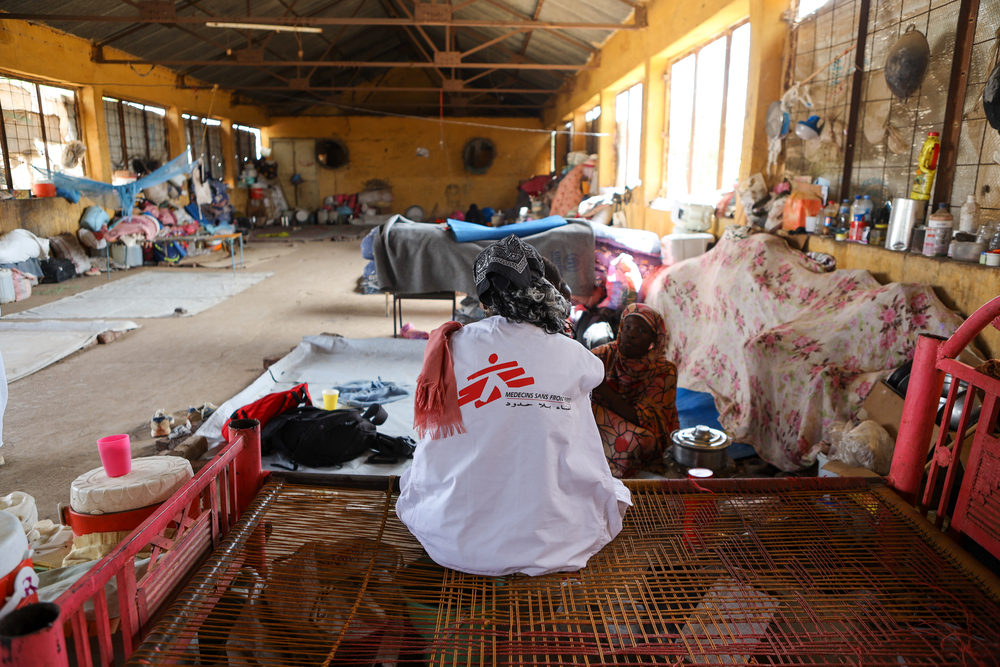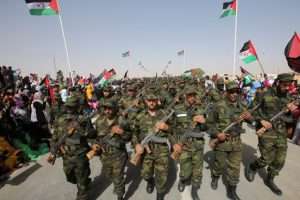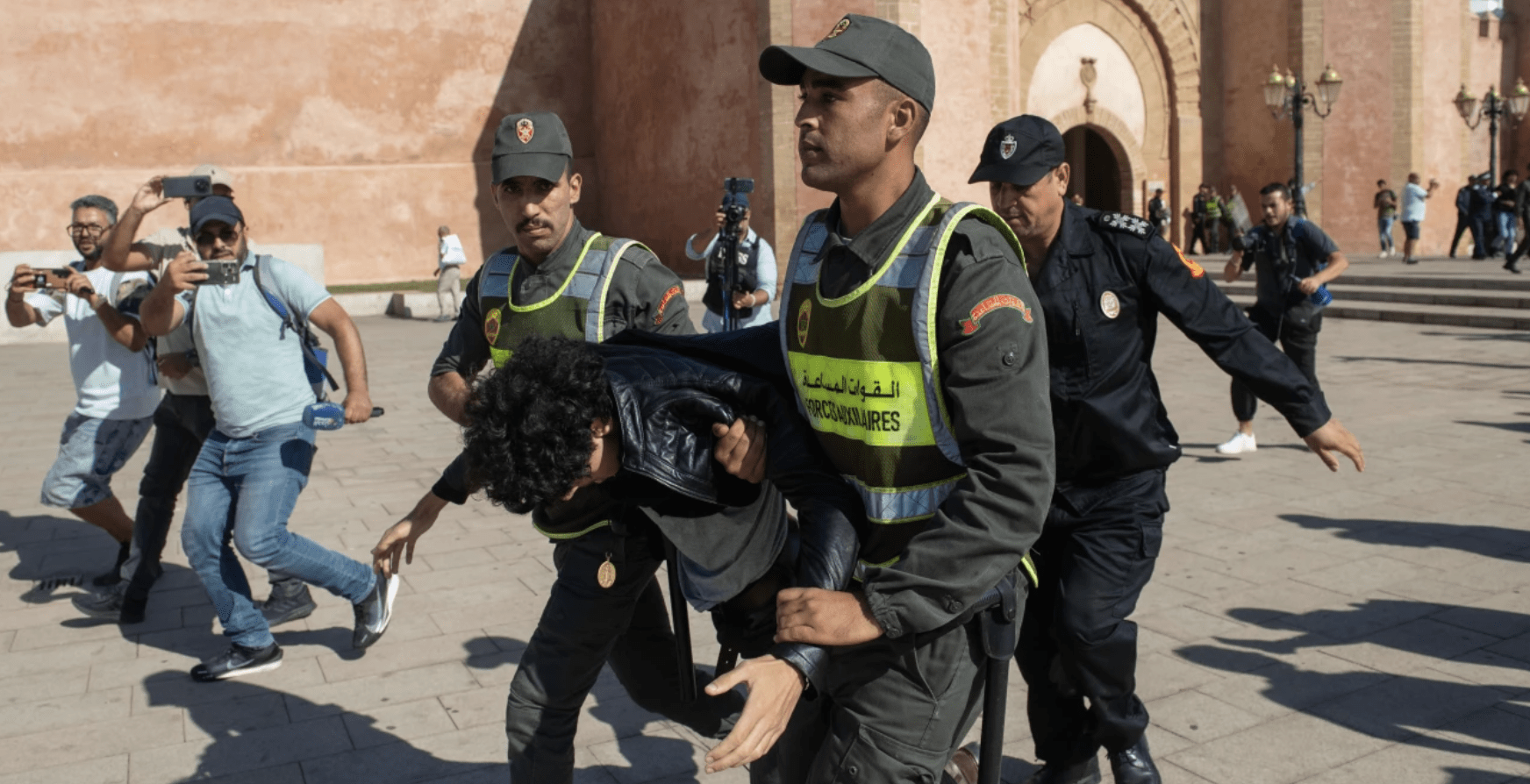Mali: PM denounces drone downing at UN General Assembly

Leader of the Malian Junta, Prime Minister Abdoulaye Maïga, has levelled scathing remarks against Algeria for backing “international terrorism” at the UN General Assembly this week, after Algeria reportedly shot down a Malian army drone, according to The New Arab plus agencies, September 27.
Mali claims that the drone, which was shot down in April 2025, was in fact in their airspace when Algeria downed the military asset.
Mali, a West African country, shares a northern border with Algeria, separated by the Sahara Desert, which is where the drone is said to have been shot down.
The interim Prime Minister said during his speech that, “we will not be bystanders to adversity. For every bullet fired against us, we shall respond in turn. For every ill word, we shall respond in turn.”
Mali’s junta has been vocally criticising the Algerians over the incident for the last 6 months, which remains an unresolved issue between the two nations.
“We call on the Algerian junta to stop supporting international terrorism and to commit resolutely to promoting peace,” said Maïga to international delegates.
Algeria, for its part, has stringently denied that the drone was operating inside Mali’s airspace, claiming that it had, in reality, crossed the international border into Algeria to the north.
In response to the intense disagreement on this issue, Mali has resolved itself to using international law to arbitrate the matter, now having referred Algeria and the incident to the International Court of Justice (ICJ).
It’s a move that has sparked a dramatic diplomatic breakdown in the region, with Algerian officials describing the incident as “shameless.”
Algeria’s Foreign Ministry said that this action was “clearly an attempt to exploit this august judicial body of the United Nations,” going on to state that their country had notified the ICJ of their “refusal of this procedural ploy,” and described Mali’s actions as “too crude to be credible”.
Meanwhile, the International Criminal Court, which resolves disputes between countries through legal channels, said they will not begin proceedings of any kind on the case “unless and until Algeria consents to the Court’s jurisdiction in the case.”
Mali referred the case to the court claiming that it was a “hostile” action against them, while the Defence Ministry of Algeria says that they possess military radar data evidence that vindicates them of any wrongdoing, saying it “clearly establish[es] the violation of Algeria’s airspace.”

Now the dispute over the downed aircraft has led several of Mali’s allies, Burkina Faso and Niger, to take lockstep action in solidarity, such as withdrawing their ambassadors from Algiers and abandoning the International Criminal Court (ICC).
In response, Algeria also withdrew their diplomats from Bamako, Ouagadougou and Niamey, as well as closing their airspace with Mali.
Mali has been griped by security problems since 2012, with the country fighting back terrorists in the country’s north that are linked to Islamic State and Al-Qaeda, as well as local criminal gangs, in a bitter struggle that has seen large parts of the country fall into the control of, and victim to, these organisations.
This latest spat is not the only time the two countries have mad major disagreements with one another. For example, tensions have escalated in the last year when Mali announced it had ended a peace treaty with Taureg rebels in the north of their country.
The Taureg people have launched various separatist militant campaigns in Mali, with Algeria often acting as a mediator between the two; in 2015 they also helped the two sides broker the peace treaty that the Malian government has now abandoned. Mali also accuses Algeria of harbouring terrorists in its border region, which Algeria has denied, claiming diplomatic neutrality.
With regional diplomacy suffering, and the conflict in Mali’s north remaining and hotbed of violence and political instability domestically and on the international stage, it remains to be seen how the West African country will move forward despite the consistent security and geopolitical problems Bamako continues to face.
The New Arab plus agencies, Atalayer, Maghrebi.org
Want to chase the pulse of North Africa?
Subscribe to receive our FREE weekly PDF magazine












